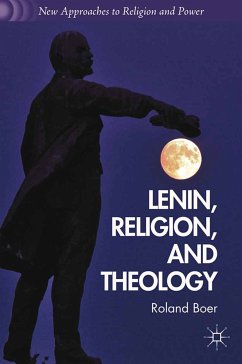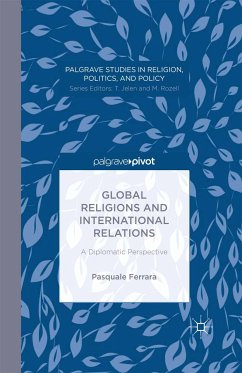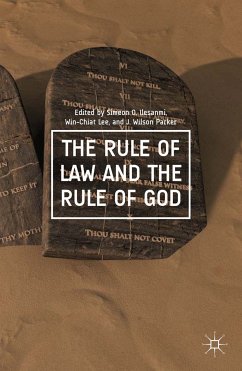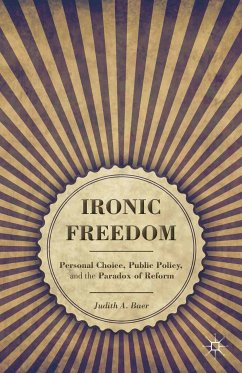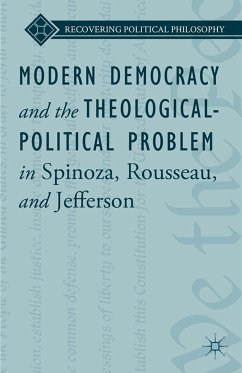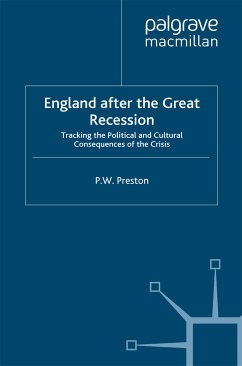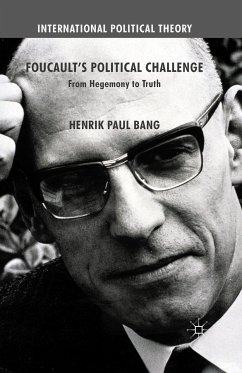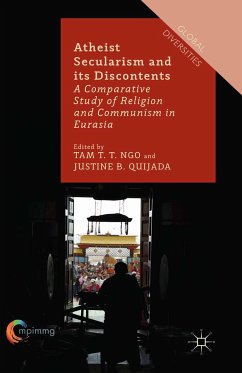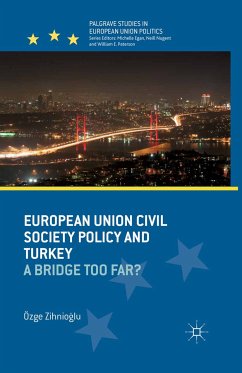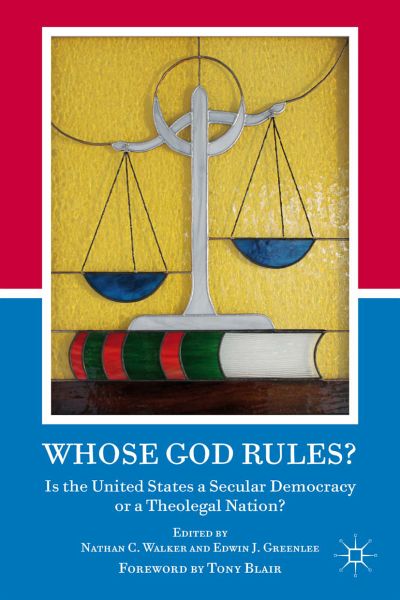
Whose God Rules? (eBook, PDF)
Is the United States a Secular Nation or a Theolegal Democracy?
Redaktion: Walker, N.; Greenlee, E.
Versandkostenfrei!
Sofort per Download lieferbar
40,95 €
inkl. MwSt.
Weitere Ausgaben:

PAYBACK Punkte
20 °P sammeln!
This book demonstrates that the United States, whether we like it or not, is a theolegal nation - a democracy that simultaneously guarantees citizens the right to free expression of belief while preventing the establishment of a state religion.
Dieser Download kann aus rechtlichen Gründen nur mit Rechnungsadresse in A, B, BG, CY, CZ, D, DK, EW, E, FIN, F, GR, HR, H, IRL, I, LT, L, LR, M, NL, PL, P, R, S, SLO, SK ausgeliefert werden.



